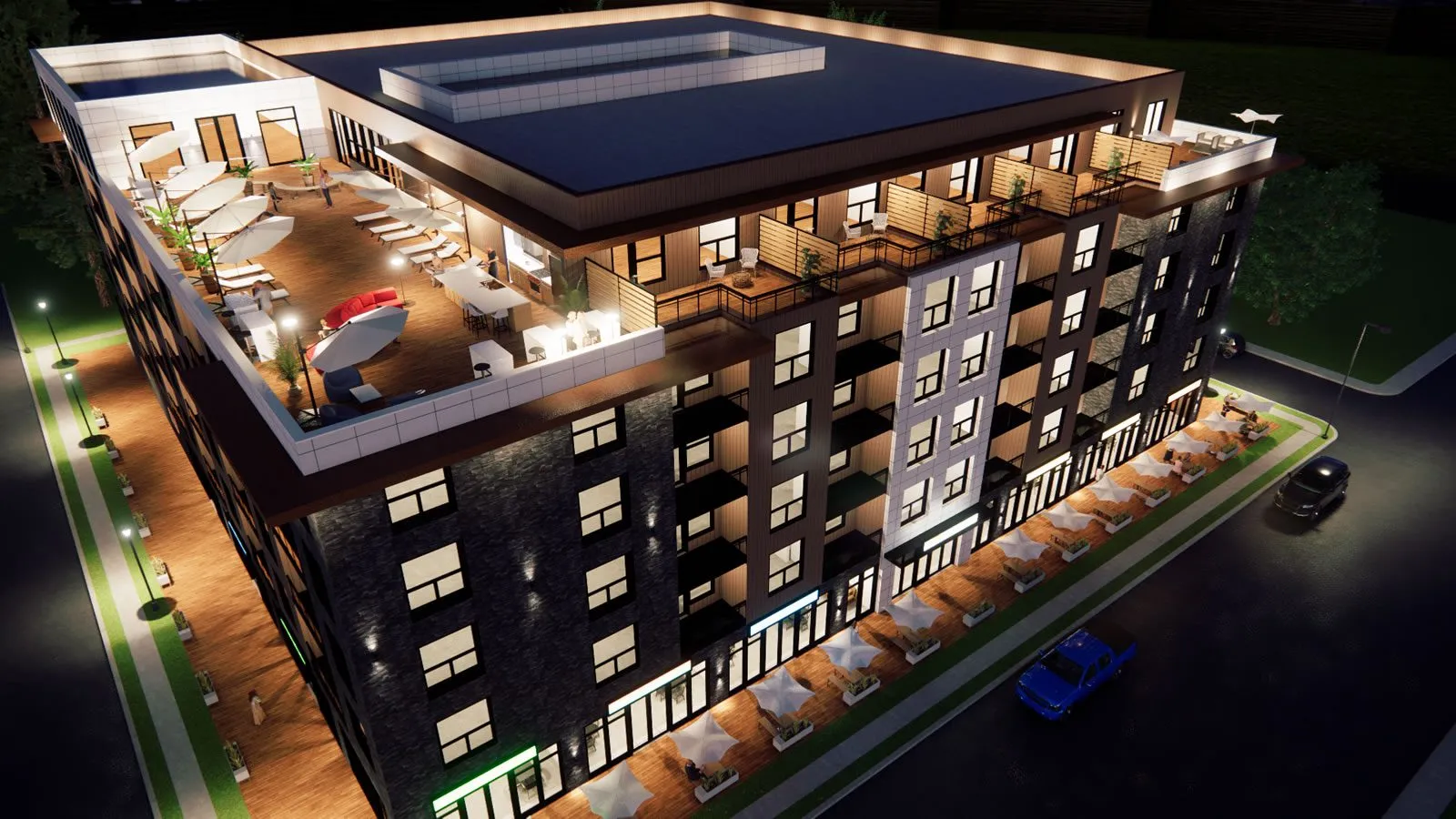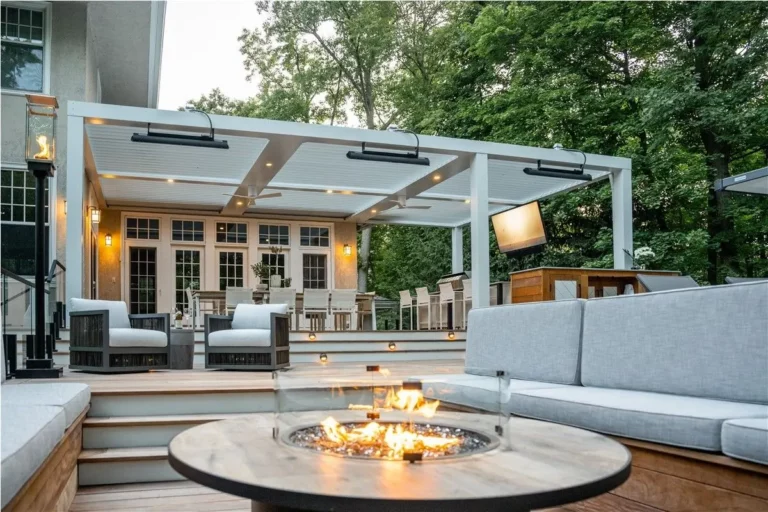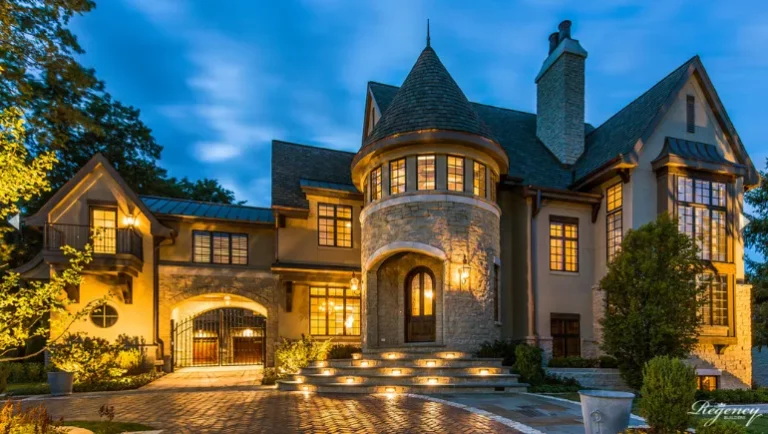Residential General Contractor: Complete Guide and Insights
A residential general contractor plays a central role in bringing construction or remodeling projects to life. Whether it is building a new home, renovating a kitchen, or managing a large-scale residential development, this professional serves as the main coordinator between homeowners, subcontractors, architects, and suppliers. Their expertise ensures that every detail of a project is executed efficiently, within budget, and on time.
A general contractor does much more than hire workers. They are responsible for scheduling, quality control, adherence to building codes, and ensuring all safety regulations are met. In the absence of a residential general contractor, homeowners might find themselves overwhelmed trying to manage dozens of tasks simultaneously, such as permits, inspections, and vendor coordination. This makes the role indispensable in modern residential construction.
Why Residential Projects Require a General Contractor
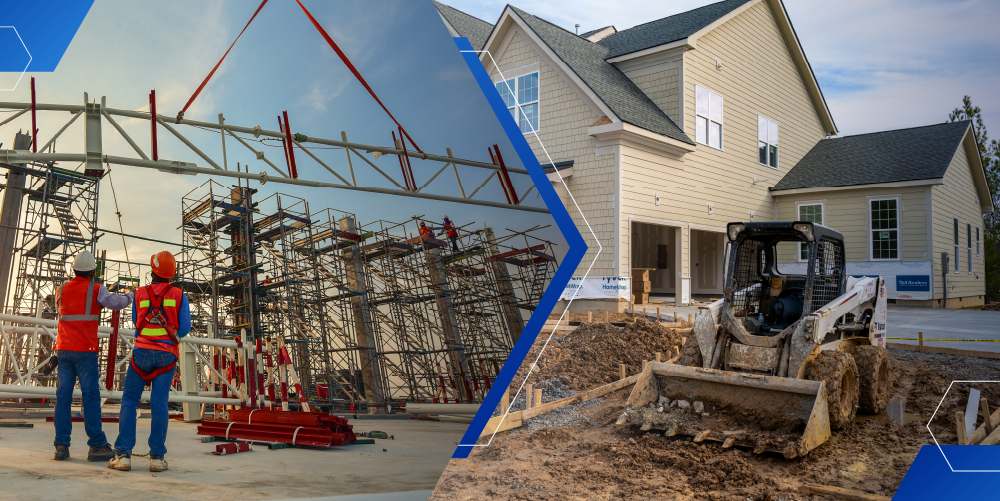
Residential projects, whether small or large, are full of complexities. From electrical wiring and plumbing to flooring and roofing, each task requires specialized skills. A general contractor brings all these moving parts together under a single plan.
For homeowners, hiring a residential general contractor translates into peace of mind. Instead of individually sourcing subcontractors for plumbing, electrical, or carpentry, the contractor takes full responsibility for assembling a reliable team. They act as the point of accountability, ensuring quality workmanship while resolving issues that may arise during construction. This streamlined approach reduces delays and saves money in the long run.
Key Responsibilities of a Residential General Contractor
One of the primary responsibilities of a residential general contractor is project planning. This includes interpreting architectural designs, developing timelines, and estimating costs. They ensure that all aspects of the project are in sync, preventing costly mistakes that might occur without a central coordinator.
They also oversee procurement and supply management. Contractors source high-quality materials, negotiate with suppliers, and ensure that everything arrives on schedule. In addition, they supervise subcontractors, ensuring they adhere to the agreed specifications and meet safety standards. Another critical task is managing inspections and permits, which helps prevent legal issues or project delays.
The Benefits of Technology in Residential Contracting
Modern residential general contractors increasingly rely on technology to streamline their work. Tools such as construction management software, digital blueprint platforms, and real-time project monitoring systems have become standard in the industry. These solutions not only enhance efficiency but also improve communication between contractors, homeowners, and subcontractors.
For example, a contractor can use mobile apps to share daily updates with homeowners, showing progress photos and timelines. This eliminates confusion and builds trust. Technologies like Building Information Modeling (BIM) also allow for better visualization, enabling contractors to predict potential challenges and mitigate risks before they occur.
The use of drones for site inspections further enhances accuracy, providing aerial views that help contractors identify safety issues or areas needing improvement. Overall, technology helps contractors deliver projects faster, safer, and with fewer errors.
Real-World Examples of Residential General Contractors in Action
Example 1: Custom Home Construction
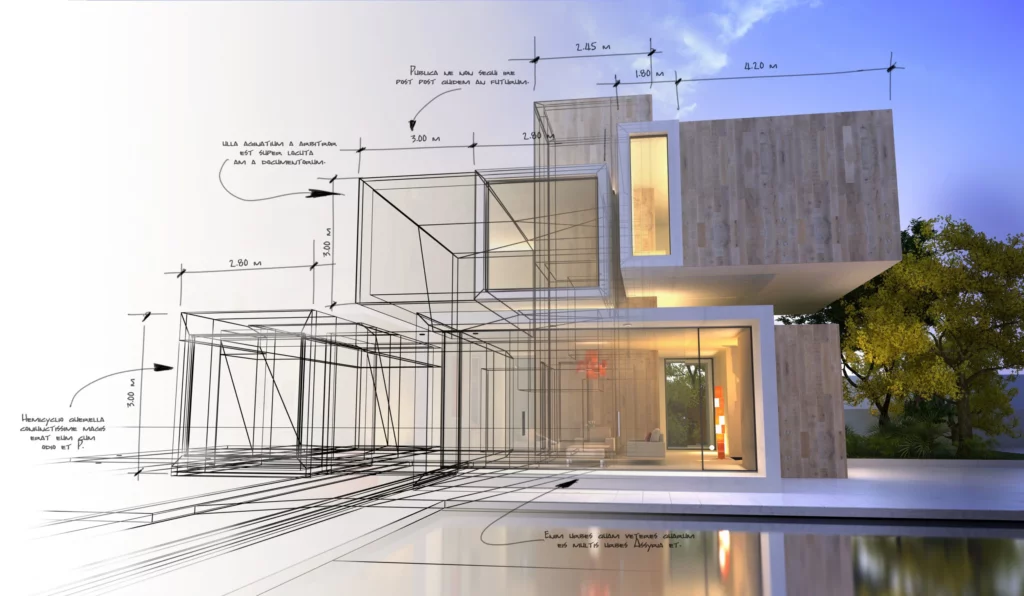
In custom home building, a residential general contractor serves as the bridge between the architect’s vision and the homeowner’s dream. For example, in a project involving a luxury two-story residence, the contractor coordinated everything from foundation work to interior finishes. Their role ensured the home was structurally sound while incorporating premium features like energy-efficient windows and smart home technology.
This project highlights how a general contractor can integrate modern innovations, manage multiple specialized subcontractors, and meet the client’s expectations for quality and sustainability.
Example 2: Kitchen and Bathroom Renovation

In another scenario, a residential general contractor managed a complete kitchen and bathroom remodel for an older property. They were responsible for upgrading plumbing, replacing outdated wiring, and ensuring the home complied with current building codes. Beyond structural updates, the contractor worked with interior designers to select finishes, cabinets, and fixtures that matched the homeowner’s vision.
The project not only improved functionality but also significantly increased the property’s market value. This example shows how general contractors bring added value to remodeling projects by combining technical expertise with aesthetic improvements.
Example 3: Multi-Unit Residential Development
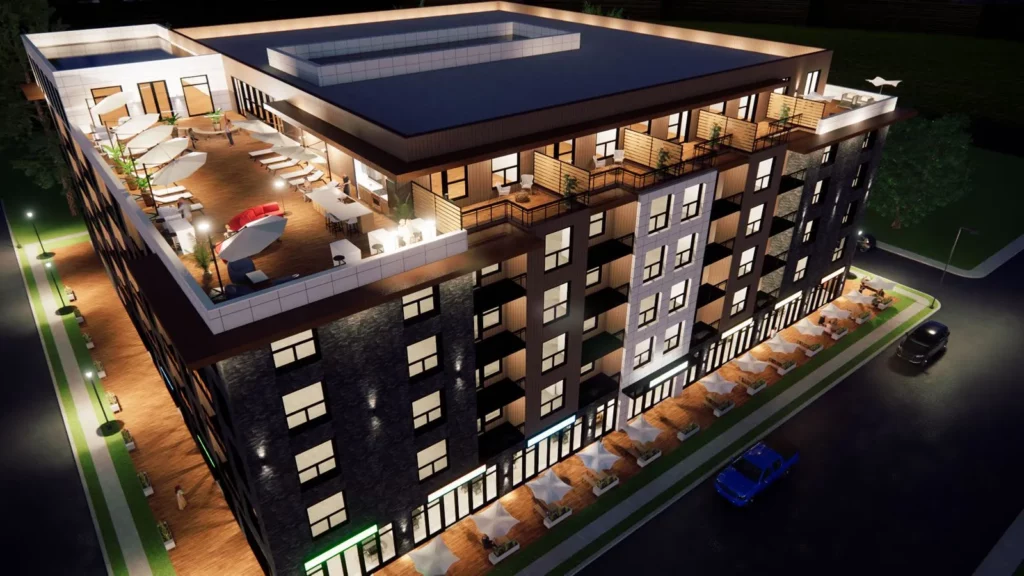
Large-scale projects like building condominiums or apartment complexes require even more advanced management. In one such case, a residential general contractor oversaw the construction of a 50-unit apartment building. This involved coordinating teams of electricians, masons, carpenters, and HVAC specialists, all working under tight deadlines.
By leveraging project management software, the contractor tracked progress across multiple units simultaneously, ensuring no phase fell behind schedule. Their oversight was crucial in delivering the project on time, meeting the developer’s budget, and ensuring all safety and zoning regulations were met.
Example 4: Sustainable Green Home Project
Sustainability has become a key trend in residential construction. A residential general contractor played a vital role in building a green-certified home featuring solar panels, rainwater harvesting systems, and eco-friendly insulation. The contractor worked closely with suppliers of green materials and ensured that subcontractors adhered to eco-conscious practices.
This project demonstrates how contractors can incorporate cutting-edge technology and sustainability practices into modern residential construction. It also showcases their ability to adapt to evolving industry trends.
Benefits of Hiring a Residential General Contractor
Hiring a residential general contractor offers homeowners multiple benefits. The most significant advantage is expert project management. From planning to execution, they ensure every detail aligns with the overall vision. Homeowners can rely on their experience to navigate the complexities of permits, inspections, and compliance requirements.
Another benefit is cost efficiency. Contractors leverage their network of suppliers and subcontractors to secure better prices on materials and services. They also reduce the risk of costly errors by ensuring that each stage of the project meets professional standards. Furthermore, their ability to manage schedules effectively prevents delays, saving homeowners both time and money.
Additionally, contractors provide quality assurance. Their reputation depends on the successful delivery of projects, so they are highly motivated to ensure exceptional outcomes. For homeowners, this means a durable, safe, and aesthetically pleasing finished product.
Common Use Cases of Residential General Contractors
Building a New Home
When constructing a new residence, contractors handle everything from foundation work to final interior finishes. They act as the single point of responsibility, ensuring all phases align seamlessly.
Remodeling Existing Spaces
For kitchen, bathroom, or basement remodels, contractors manage plumbing, electrical, and structural updates while also delivering aesthetic improvements.
Managing Large-Scale Developments
Contractors play an integral role in multi-unit residential projects, ensuring compliance with building codes, coordinating subcontractors, and delivering projects on schedule.
Ensuring Compliance and Safety
From securing permits to passing inspections, contractors ensure projects comply with regulations. They also enforce safety measures, protecting workers and homeowners alike.
FAQs about Residential General Contractors
1. What is the difference between a residential general contractor and a subcontractor?
A residential general contractor oversees the entire project, coordinating all aspects from planning to execution. Subcontractors, on the other hand, specialize in specific tasks such as plumbing, electrical work, or carpentry.
2. How do residential general contractors ensure projects stay on budget?
Contractors create detailed estimates, negotiate with suppliers, and monitor expenses throughout the project. Their experience allows them to anticipate potential cost overruns and make adjustments before problems arise.
3. Why is technology important for residential general contractors?
Technology improves project efficiency, communication, and accuracy. Tools like project management software, BIM, and drones help contractors reduce errors, streamline workflows, and deliver projects on time.
